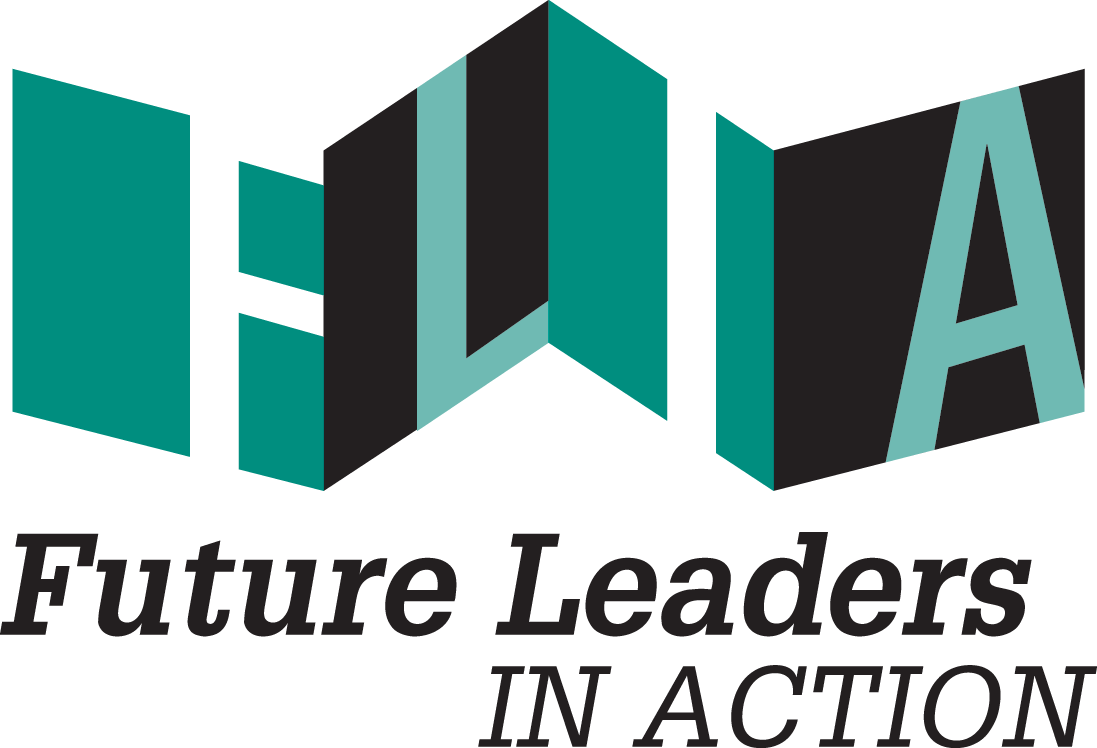This spring, I am working with a nonprofit in Portland called Financial Beginnings - Oregon. They are a volunteer-centered organization which administers inclusive financial education to low-income communities - adults and youth alike. My role as the fellow is to work as a program evaluator, surveying the cultural effectiveness of the high school curriculum by performing focus groups with students. I have also been shadowing facilitators in school-based lessons and helping to facilitate them.
Financial education services are needed within the vast majority of marginalized and immigrant communities. This was the intrigue of this fellowship for me. Serving as a catalyst to my introspection, my classroom shadows have revealed a different understanding of inclusive financial education. In one month's time here, I've noticed factors that can potentially lead to the education gap disparities that we so frequently hear of. As I shadow classes with young people in schools, take notes, and collect data, we can already identify that a portion of the issue is inequity across communities. FB has identified wanting to increase accessibility to their programs, learn to share financial education more inclusively.
The leadership at Financial Beginnings is exploring something very important. Yes - it is imperative that we are charged to educate marginalized communities with financial foundations, however just as important is making sure that curriculum is inclusive. In a recent informational call with one of the organization’s partners, she exclaimed how she is appreciative of the program and service, however participants will sometimes push the information booklet to the side because of “wordiness”.
My classroom shadows and observations have given a peek into who is already financially empowered, and who is not.
To me, attaining a good education is not simply about accessibility but also taking into account the factors of equity and inclusion. My classroom shadows and observations have given a peek into who is already financially empowered, and who is lacking information. The different classrooms across Portland, Salem and Beaverton illustrate this. The students will show their knowledge, support systems and recreational conversations quite openly, and at different levels. I am always amazed to see how much 10th graders know about Bitcoin and investing in the stock market. Nonetheless, being able to have these conversations with one class and not another in a different part of the city draws attention to information accessibility and the luxuries of financial education - something Financial Beginnings is working to bring to all.



